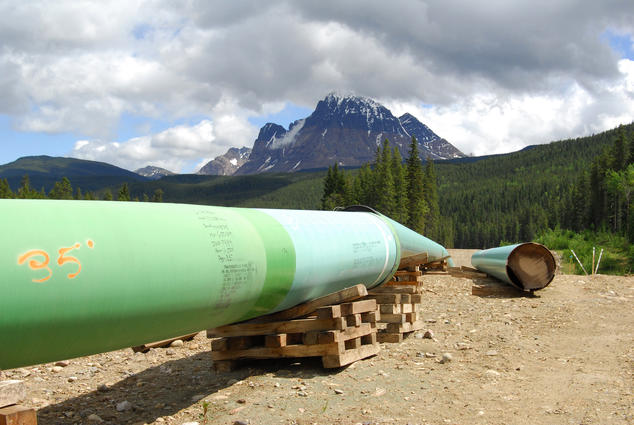As most of you may know, Kobees is an environmentally conscious brand. One of the missions at Kobee’s is to give people a way to start living more sustainable and give back to the environment. The environment is changing rapidly and with the rise of new businesses and services seemingly popping up all the time it’s so easy to go out and buy new things you don’t necessarily need or obtain goods that could potentially have a negative impact on the environment. Noticing this when I started my own business, pushed me to want and take more responsibility for my actions, and helps others realize what they are doing could have adverse effects. While I am still learning how to become more sustainable and try to transition to a more low-waste lifestyle I have reached out to a few people who are knowledgeable on the subject to give me some advice.
One of the people who I have been fortunate enough to come in contact with is
“@LessHasteAndLessWaste, she is an elementary school teaching assistant passionate about minimalism and environmental conservation. She’s a non-consumer and daily uniform dresser. Her low waste journey began while watching Lauren Singer’s TED Talk [link to
https://youtu.be/pF72px2R3Hg] in 2016. Visit @LessHasteAndLessWaste on Instagram "
LessHasteAndLessWaste is going to go share some tips and advice from her own life about living a Low Waste Lifestyle and how you can do the same!
Check her out on Instagram,
@LessHasteAndLessWaste
4 Steps to a Low Waste Lifestyle
By @LessHasteAndLessWaste
https://www.instagram.com/lesshasteandlesswaste/]
Zero waste is a movement aiming to send nothing to landfills and very little to recycling. In order to make waste reduction more accessible, some prefer to call the lifestyle minimal waste, “nearo” waste, or low waste (although low waste might sound more like a denim trend than a sustainable lifestyle choice).
Regardless of labels, all waste prevention efforts are valuable contributions toward making our air, land, and water healthier for humans and animals, especially now that resources are being extracted and consumed at a dangerous rate. Environmental scientists warn that we must change our production and consumption immediately to avoid majorly depleting our quality of life on this planet 30 - 50 years from now.
Resist perfection paralysis by celebrating every step in the right direction. Zero waste chef Anne Marie Bonneau https://zerowastechef.com/ said it best: “We don’t need a handful of people doing zero waste perfectly. We need millions of people doing it imperfectly.”
Here’s how to get started with low waste living:
1) Compost as much as possible

Yard waste (including grass clippings, leaves, and twigs), food scraps, and paper products with food remnants (such as paper napkins and cardboard pizza boxes) can be composted into soil. Many communities offer municipal composting services and provide organics bins for weekly curbside pickup. There are also at-home composting options for backyards https://www.goingzerowaste.com/blog/2015/10/25/backyardcomposting] and apartments https://www.goingzerowaste.com/blog/composting-for-apartments. Insufficient oxygen in landfills means plant waste and food scraps can’t biodegrade there, so composting is essential.
2) Know your enemy
A personal trash and recycling audit will provide a customized plan to reduce waste. For a week or even a month, document the specific items you’re throwing away and recycling. Three options for documentation are taking photos, writing a list, or storing everything not-too-icky in a jar.
3) Practice zero waste swaps

At the end of your audit, examine your photos, list, or storage jar and make a game plan. Use up what you currently have on hand before buying new eco-friendly products. When a purchase becomes necessary, consider the materials. Reusables and completely unpackaged items are ideal. If packaging is necessary, choose compostable or continuously recyclable materials like aluminum or glass rather than plastic which can only be recycled a limited number of times. Highly pollutive manufacturing and disposal processes are another reason to avoid plastic. Kobee’s Organic Lip Balms are a great example of environmentally responsible plastic-free packaging. If you’re unsure of eco-friendly alternatives for your favorite products, zero waste lifestyle experts including Anne Marie Bonneau, Bea Johnson, , Kathryn Kellogg, and Lauren Singer provide a wealth of information about sustainable swaps and strategies.
4) Spread the word
Involve your family, friends, community, school, and/or workplace in your efforts to reduce waste. Use email, social media, and petitions to inform businesses and government officials about sustainable practices. Help other individuals who are interested in transitioning to low waste living. Every contribution to a less wasteful society will benefit us all in the future!



